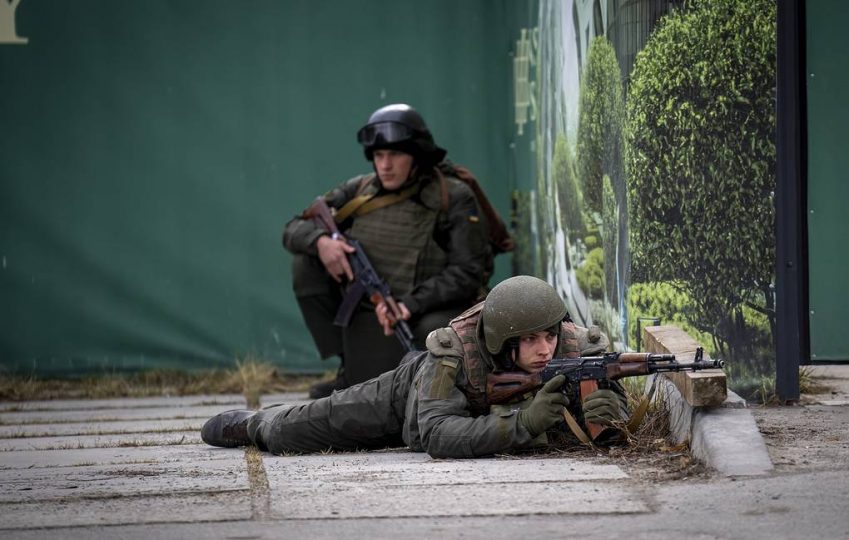Relations between Moscow and Beijing are more than allied in nature. The West underestimated their strength, as it entered into a direct confrontation with Russia over Ukraine, as follows from the report entitled Strategic Partnership between Russia and China in the Conditions of the European Crisis the Valdai Discussion Club presented at the Eastern Economic Forum on Tuesday.
The report’s authors set out to analyze the dynamics of Russian-Chinese cooperation since the start of the special operation in Ukraine and in the context of the crisis that flared up in Europe over that country.
“As they entered into a direct clash with Russia over Ukraine, the Western countries underestimated the scale and depth of Sino-Russian strategic partnership in the new era. The events of recent months have refuted the forecasts about the “fragility” of relations between Moscow and Beijing and showed a common strategic vision of the two parties and their willingness to support each other in addressing complex foreign policy problems,” experts say.
The analysts point out that from February to July, China’s political rhetoric in relation to Russia’s operation in Ukraine has undergone significant changes.
“In their official statements the Chinese authorities have been gradually drifting away from careful wordings and refusal to directly support Russia, observed in the early spring, towards an increasingly pro-Russian stance,” the report says.
Such evolution shows that China is looking at the Ukrainian problem in accordance with the status of “a great power that is aware of the degree of its responsibility for global security.” The experts, in particular, drew attention to the fact that Beijing now emphasizes the solid reasons for Moscow’s concerns over European security problems. The Chinese leadership demonstrates an understanding that Russia would not have used force “had the Western countries been ready for a meaningful dialogue and for making the Kiev authorities fulfill their obligations.”
“By mid-March 2022, Washington had realized the hopelessness of its attempts to persuade China to take a less pro-Russian position on the Ukrainian issue and launched a counter-offensive against China in another important direction,” analysts say. The United States began to provoke China’s leadership over Taiwan. This policy culminated with the visit US House of Representatives Speaker Nancy Pelosi paid to Taipei.
Tested by sanction storm
Even in the context of the highest level of mutual understanding and political coordination between Russia and China, their economic ties have faced a serious test in the light of the Western sanctions. The Valdai team of authors points out that these difficulties were imminent, since both countries are integrated into the world economic system, which for a long time had been built under the influence of Western states.
The sanctions did cause an adverse impact on Russian-Chinese cooperation: supply chains were disrupted, and a number of largest Chinese companies curtailed their activities in Russia for fear of secondary restrictions by the United States and its allies. Nevertheless, the experts are unanimous that economic relations between Moscow and Beijing as a whole have withstood this blow. Bilateral trade has been growing against all odds.
“The observers believe that the pullout of the largest Chinese companies from the Russian market is not irreversible. Some of them have retained presence in Russia, albeit on a reduced scale,” the report says. “The United States’ further sanction pressure on China, in particular, in case of an aggravation of the situation around Taiwan, may make China’s fear of secondary sanctions irrelevant. For the time being, Russia will be cooperating to a greater extent with China’s ‘second tier’ companies, which until now have operated mainly on the domestic Chinese market and therefore are less vulnerable to sanctions.”




